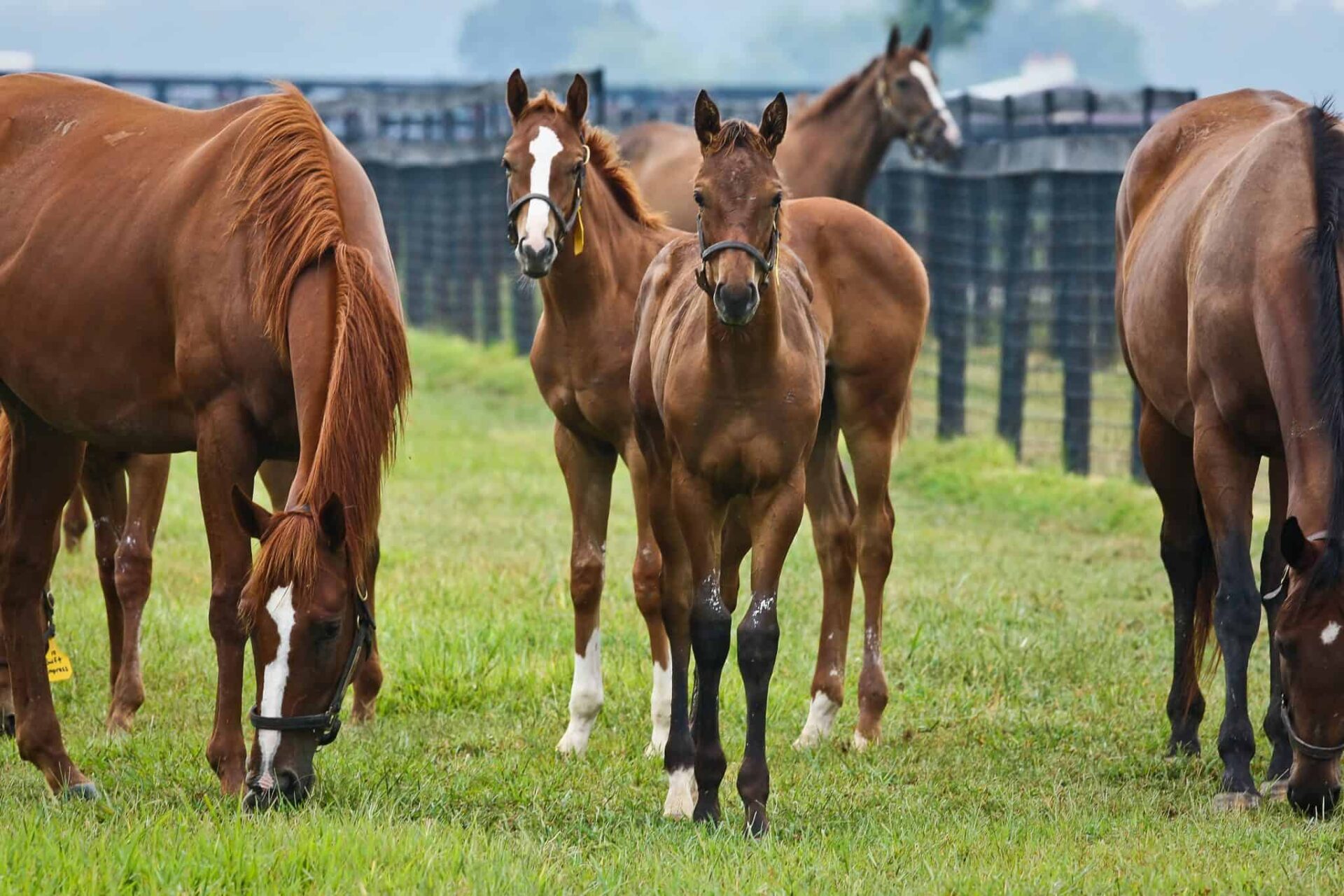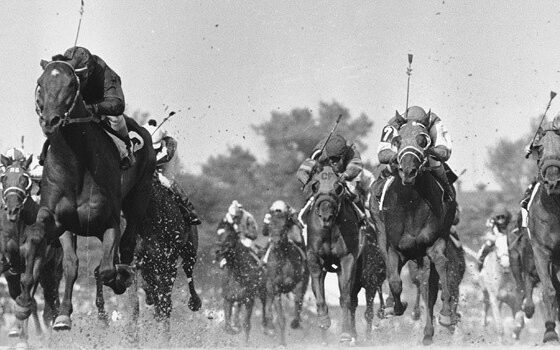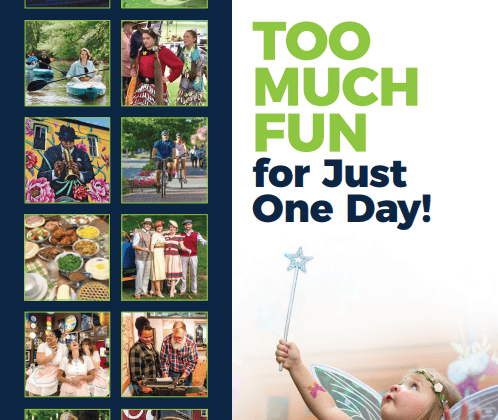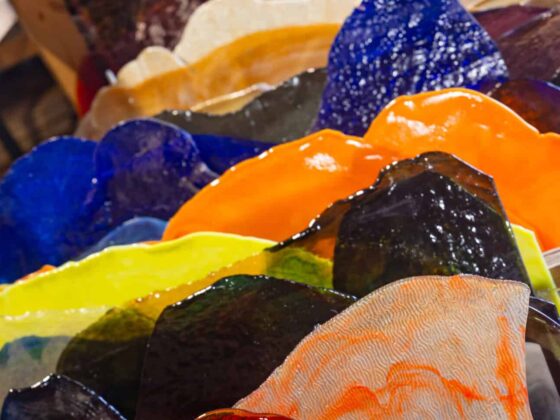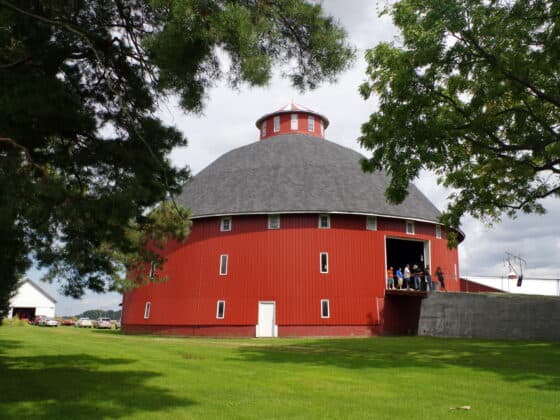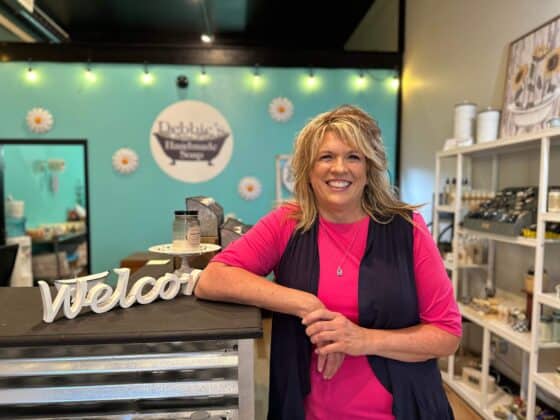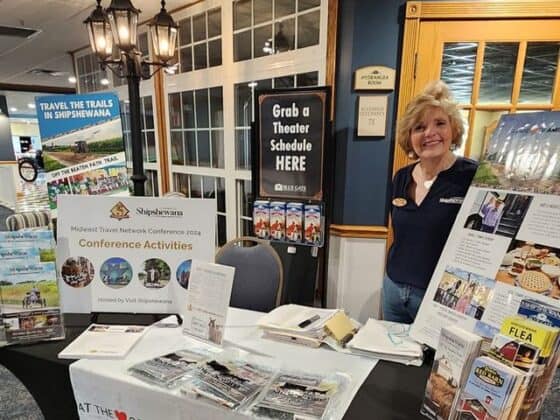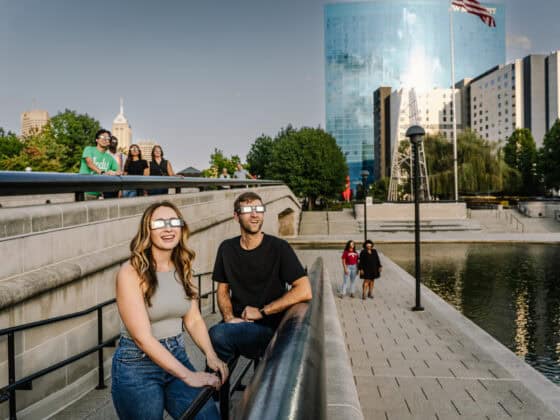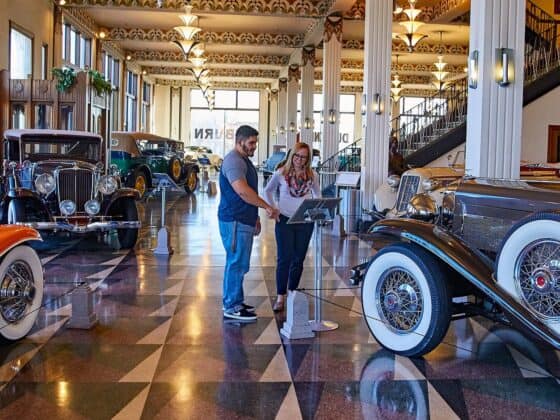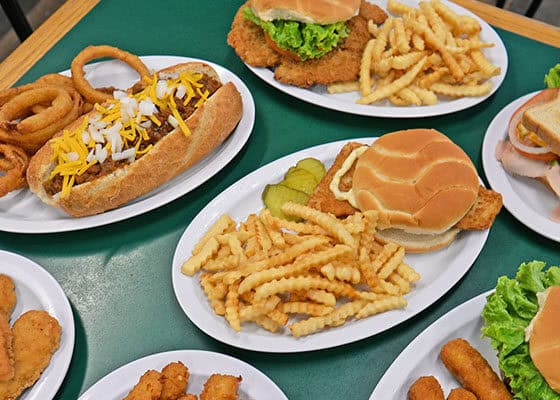Indiana’s Thoroughbred breeding industry was virtually non-existent prior to the first race meeting held at Hoosier Park Racing & Casino in 1995. For those that were breeding mares in the Hoosier State, many were doing so to stallions in other racing jurisdictions. The introduction of pari-mutuel racing allowed for the growth and development of the breeding industry in the state, and it has since created opportunities for many.
Amy Elliott can remember the days prior to pari-mutuel racing in Indiana. Her husband, Jim, assembled a broodmare band and they bred to Illinois stallions. In the more than 20 years since racing arrived in Indiana, the Elliotts built a breeding operation that now totals 15 broodmares, and have been instrumental in bringing in stallions to stand in the state. Jim passed away in January 2016 at age 74, but Amy has forged ahead at their farm in Brookston, located just east of Lafayette, Ind.
“I love the young horses,” she said of breeding and raising Thoroughbreds. “You plan a mating, you wait a year, you spend a fortune it seems like (laughing). You take it from conception to their first race.”
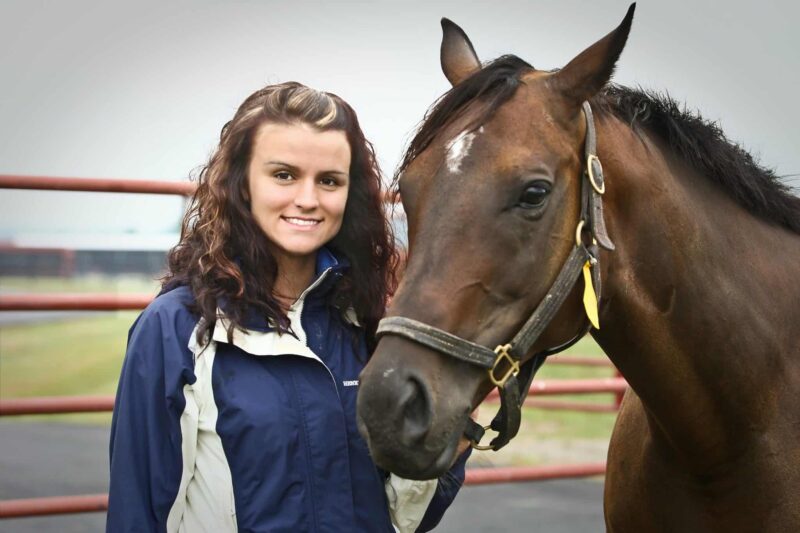
Elliott said their practice has always been to breed and raise foals, break them and take them to the auction. Those that do not sell, they bring home and race themselves. She said that over the years, they have received many compliments from those with “Elliott horses.” One of her favorites is a highly-decorated Indiana-sired runner named Edgerrin. She named him after the former Indianapolis Colts running back. Purchased by Herb and Darlene Likens, the gelding, went on to win 18 of 93 starts, earning more than $460,000.
“It was a fun couple of years watching him race,” recalled Elliott, who is also an Indiana Thoroughbred Owners & Breeders Association (ITOBA) board member. “Blood-Horse magazine had a feature and ESPN did something on him.”
Now, Elliott has teamed with Likens and his wife to stand a new stallion for the 2017 breeding season. Taprize only made four career starts, but he comes from one of the hottest bloodlines in the industry. His sire, Tapit, has already produced two Belmont Stakes winners and Kentucky Oaks champion Untapable, a winner of nearly $4 million and sister to Taprize. The new sire’s brother, Paddy O’Prado, is a multiple graded stakes winner with earnings of $1.7 million. Taprize is standing at R Star Stallions in Anderson, Ind.
Stallions with credentials like these were hard to find in Indiana a decade ago. As the program has grown, stallion owners now see the Hoosier State as a viable option.
Leigh Ann Hopper and her husband, Kerry, have capitalized on Indiana’s emerging profile in the industry, starting R Star Stallions in 2010. Besides Taprize, they stand six other top-flight stallions.
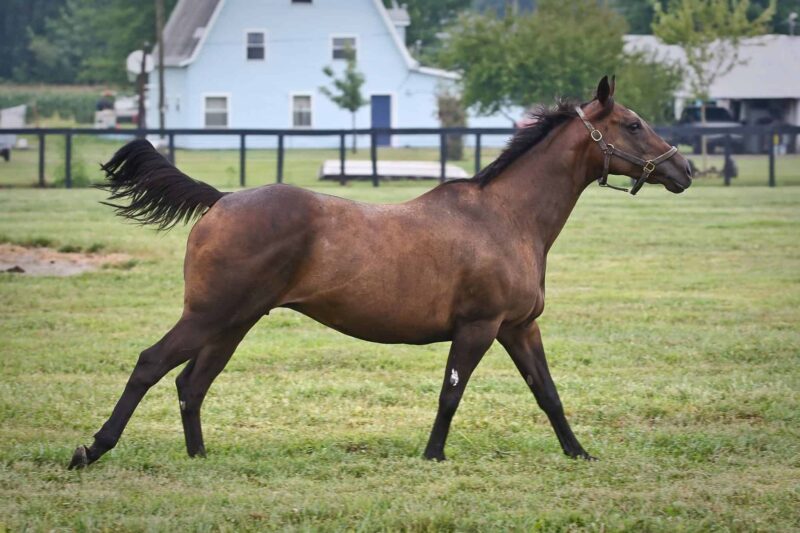
“We are at the point where we are now first choice. We’re not Kentucky. There are higher echelons, but at this level, Indiana ranks among the best,” Hopper said of the state’s burgeoning program. “In the past, stallions would come here after first standing in another state. Now, Indiana is pretty exciting to folks.”
Sahara Sky, another R Star stallion that is new for the 2017 breeding season, is a millionaire and multiple stakes winner by the sire Pleasant Tap. His mother is a sister to the mother of Kentucky Derby champion Nyquist.
“He was a very successful, long-running racehorse,” added Hopper. “What is unique is that the owners started here in Indiana (when looking for a state to stand him).”
Hopper and her husband are both native Hoosiers that have been involved in horses in some way, shape or form throughout the years. Their 40-acre farm is a hands-on venture, where they not only stand stallions, but also board broodmares, provide foaling services and sale prep, among other things. They have also expanded into broodmare ownership, with five of their own, and a few two year olds set to debut.
“It’s a big advancement for us, and not one that you can take lightly,” she explained. “Whether it’s raising kids or raising horses, I was always interested in if I offered every opportunity that I am able to, what is the potential?”
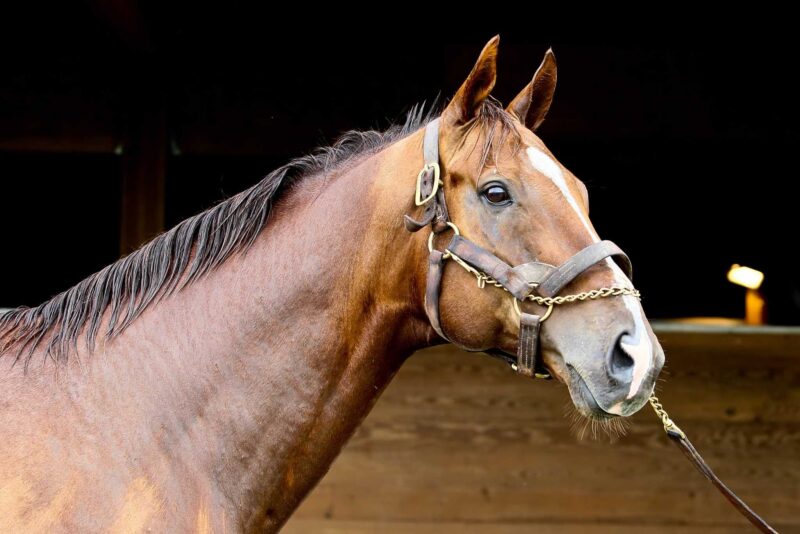
At R Star, Hopper says their son, Jesse, is taking a serious look at joining the family business. Regardless, whether their children take part or chart different career paths, she says they still value the importance of the family farm, created due to the opportunities available as Indiana’s breeding program grows.
One of the leaders, and cornerstones, in Indiana’s breeding and racing program is Swifty Farms. Established in Seymour, Ind., this facility further shows how the industry has roots throughout the state. Started in 1972 by the late Don Myers and his wife, Dana, Swifty Farms has proven a major player in moving the industry forward. In 2016, three Swifty stallions ranked in the top five in Indiana based on offspring earnings. The group was headed by champion sprinter Benny The Bull, the state’s top stallion, with winners of over $1 million. On the track, Benny The Bull earned more than $2.3 million in his racing career, making him a welcomed addition to Indiana.
The farm has produced a number of successful racehorses, but one of its greatest success stories is the stallion Pass Rush. Bred by Swifty Farms, Pass Rush earned nearly $600,000 during his career, racing sixth in the Indiana Derby in 2002 as a local favorite due to his Hoosier background. He would be named the state’s top three year old in 2002, as well as Horse of the Year in Indiana. As a stallion, Pass Rush has become a stalwart in the state, ranking in the top five in progeny earnings in both 2015 and 2016. His first seven crops have produced exceptional results, with his foals earning just over $3.4 million to date. He has sired a quartet of $200,000 winners, led by Facey’s Spirit, a multiple stakes-winning mare than has accumulated just over $400,000.
As evidenced by these three breeding operations, Indiana has emerged as a program that is moving forward. What was once a fledgling industry is now providing Hoosier breeders new and better opportunities.


